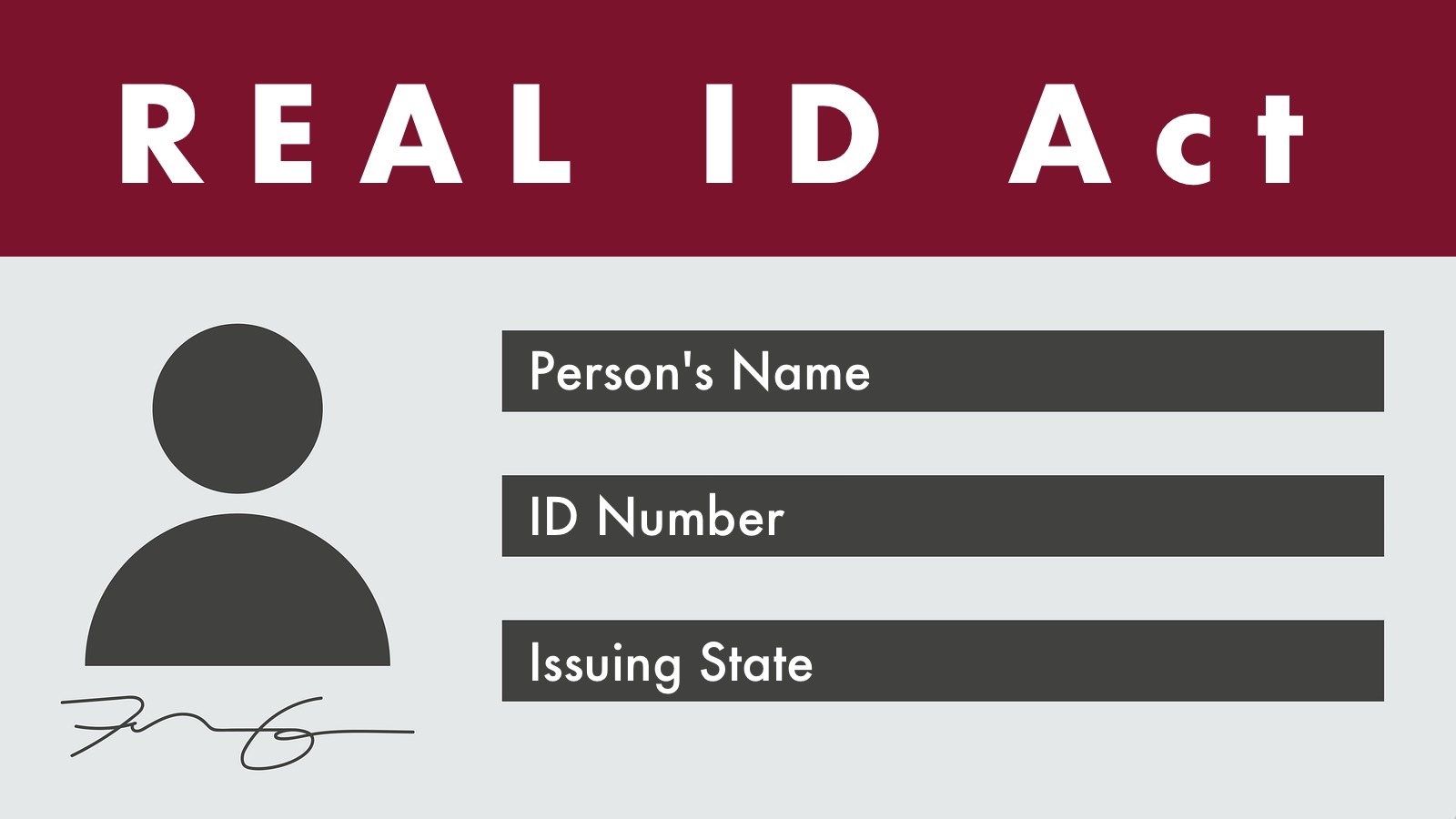AI Regulation In Europe: Navigating Pressure From The Trump Administration

Table of Contents
Differing Approaches to AI Governance
The core difference between European and US approaches to AI governance lies in their prioritization. The EU emphasizes ethical considerations, data privacy, and human oversight, while the Trump administration prioritized rapid innovation with minimal regulatory intervention. This fundamental difference shapes the entire landscape of AI development on both sides of the Atlantic.
GDPR's Impact on AI Development
The General Data Protection Regulation (GDPR) has profoundly impacted AI development in Europe. While intended to protect citizen's data, it presents both opportunities and challenges for AI companies.
- Increased data protection costs: Implementing GDPR compliance necessitates significant investment in data security and privacy measures, potentially increasing the cost of AI development.
- Limitations on data usage for AI training: Stricter data usage restrictions limit the availability of training data for AI algorithms, potentially hindering the development of certain AI applications.
- Enhanced consumer trust (potential benefits): The GDPR's emphasis on transparency and data control can, paradoxically, foster greater consumer trust in AI systems built within its framework, potentially leading to a competitive advantage in the long run.
The US Focus on Innovation
In contrast, the Trump administration's focus was squarely on fostering innovation. The emphasis was on minimizing regulatory burdens to allow US AI companies to develop and deploy AI technologies rapidly.
- Potential for faster AI development in the US: Reduced regulatory hurdles could lead to faster innovation cycles and quicker market entry for US AI companies.
- Concerns about ethical considerations and data privacy being secondary: The prioritization of speed over ethical considerations raised concerns about potential misuse of AI and inadequate data protection.
- Potential for a competitive disadvantage for European AI firms: The lighter regulatory environment in the US could attract investment and talent away from Europe, potentially creating a competitive imbalance.
The Transatlantic Divide and its Economic Implications
The differing regulatory frameworks between the EU and the US have significant economic consequences. These consequences manifest most clearly in data transfer challenges, cross-border collaborations, and the competition for AI talent.
Data Transfer Challenges
The GDPR's stringent requirements for data protection create substantial difficulties in transferring data between the EU and the US.
- Increased compliance costs: Companies face higher costs to ensure compliant data transfers, potentially hindering international collaboration.
- Potential for legal disputes: Data transfer disagreements can lead to costly and time-consuming legal battles.
- The impact on international research collaborations: Restrictions on data sharing can impede international research projects involving AI development.
Attracting and Retaining AI Talent
Differing regulations also impact the ability of Europe and the US to attract and retain top AI talent.
- The potential for a "brain drain" from Europe to the US: The more permissive regulatory environment in the US could entice AI researchers and developers to relocate, draining talent from Europe.
- The need for Europe to create an attractive regulatory environment: To counteract this, Europe needs to cultivate a regulatory environment that is both ethically sound and attractive to top AI talent.
The Future of AI Regulation in Europe: Adapting to Global Pressures
The EU faces a significant challenge: maintaining its commitment to ethical and privacy-focused AI Regulation in Europe while navigating pressure from the US and other global actors.
International Cooperation and Harmonization
International cooperation is vital for establishing common AI standards that balance innovation with ethical considerations.
- Benefits of global standards: Harmonized regulations would facilitate data transfer, reduce compliance costs, and foster cross-border collaboration.
- Challenges in achieving consensus among nations with differing regulatory priorities: Reaching a global consensus on AI standards will be challenging, given the diverse values and priorities of different nations.
The Role of EU Policy Makers
European policymakers play a crucial role in shaping the future of AI Regulation in Europe.
- Balancing innovation with ethical concerns: Policymakers must find a balance between encouraging innovation and upholding ethical and privacy standards.
- Fostering international collaboration: Active engagement in international discussions and collaborations is crucial for achieving global consensus on AI regulation.
- Promoting a competitive European AI sector: Policies should aim to create a regulatory environment that is both ethical and attractive to investors and researchers, ensuring the competitiveness of the European AI sector.
Conclusion: Navigating the Complexities of AI Regulation in Europe
The diverging approaches to AI Regulation in Europe and the US highlight a fundamental tension between rapid innovation and ethical considerations. The economic implications of this divergence are significant, impacting data flows, international collaboration, and the competition for AI talent. Europe faces the crucial task of forging a path that upholds its commitment to ethical and privacy-focused AI while fostering a competitive and innovative AI sector. To stay informed on AI Regulation in Europe, continue researching the ongoing developments and engage in the discussion on responsible AI regulation in Europe. Learn more about the future of European AI regulation and contribute to building a framework that balances innovation with ethical responsibility.

Featured Posts
-
 The Impact Of Climate Change On Employment In Africa Challenges And Opportunities
Apr 26, 2025
The Impact Of Climate Change On Employment In Africa Challenges And Opportunities
Apr 26, 2025 -
 Chainalysis And Alterya Merge Boosting Blockchain Security With Ai
Apr 26, 2025
Chainalysis And Alterya Merge Boosting Blockchain Security With Ai
Apr 26, 2025 -
 High Kendrick Lamar Ticket Prices For Hampden Show Fuel Fan Frustration
Apr 26, 2025
High Kendrick Lamar Ticket Prices For Hampden Show Fuel Fan Frustration
Apr 26, 2025 -
 The Pressure Of Privilege Phoebe Gates Candid Account
Apr 26, 2025
The Pressure Of Privilege Phoebe Gates Candid Account
Apr 26, 2025 -
 Nintendo Switch 2 My Old School Game Stop Preorder
Apr 26, 2025
Nintendo Switch 2 My Old School Game Stop Preorder
Apr 26, 2025
Latest Posts
-
 El Salvador Gang Violence And The Kilmar Abrego Garcia Case A Us Political Controversy
May 10, 2025
El Salvador Gang Violence And The Kilmar Abrego Garcia Case A Us Political Controversy
May 10, 2025 -
 Understanding Real Id Implications For Your Summer Vacation
May 10, 2025
Understanding Real Id Implications For Your Summer Vacation
May 10, 2025 -
 White Houses Last Minute Decision Maha Influencer Replaces Surgeon General Nominee
May 10, 2025
White Houses Last Minute Decision Maha Influencer Replaces Surgeon General Nominee
May 10, 2025 -
 Preparing For Real Id Enforcement A Summer Travelers Checklist
May 10, 2025
Preparing For Real Id Enforcement A Summer Travelers Checklist
May 10, 2025 -
 Interest Rate Decisions Understanding The Feds Divergent Path
May 10, 2025
Interest Rate Decisions Understanding The Feds Divergent Path
May 10, 2025
